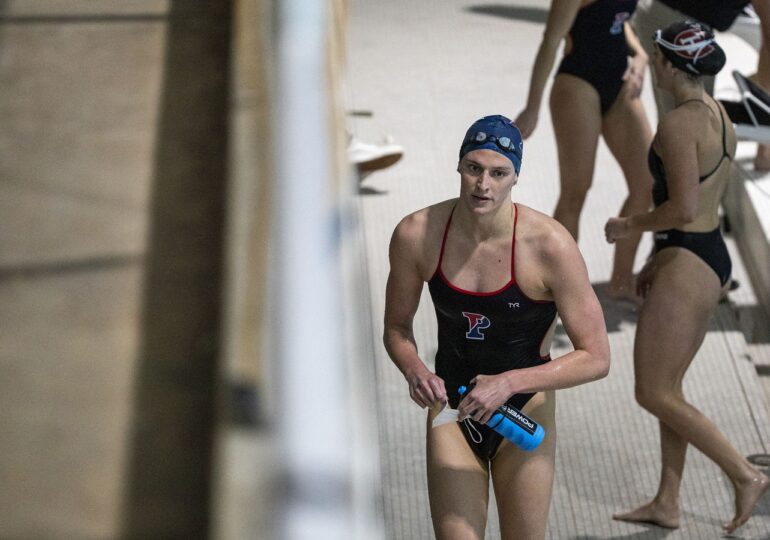American swimmer Lia Thomas, who gained worldwide recognition after becoming the first transgender athlete to win an NCAA collegiate title in March 2022, lost a legal battle against the International Swimming Federation at the Court of Arbitration for Sport on Wednesday, thus losing any hope of participating in next month’s Olympics in Paris.
The 25-year-old athlete will also remain banned from competing in the women’s category, as she failed to overturn the rules introduced by World Aquatics (International Swimming Federation) in the summer of 2022, which prohibit anyone who has undergone „any form of male puberty suppression” from competing in the women’s category, as reported by The Guardian.
Thomas argued that these rules should be declared "invalid and illegal" as they contradict the Olympic Charter and the international federation's regulations.
However, the Court of Arbitration for Sport concluded in its 24-page decision that Thomas "simply did not have the right to enter World Aquatics competitions," as she is not a member of the American swimming federation.
A scientific report underlying the sports court's decision states that swimmers like Thomas retain significant physical advantages - in endurance, strength, speed, power, and lung size - following male puberty, even after reducing testosterone levels through medical treatment.
While World Aquatics was prepared to argue the merits of scientific evidence, the hearing focused solely on whether Thomas, no longer representing American swimming, could challenge the international federation's rules. The court ruled on Wednesday that Thomas does not have the right to challenge World Aquatics' policy regarding transgender individuals.
The International Swimming Federation welcomed this decision, considering it "an important step forward in efforts to protect women's sports."
World Aquatics introduced new rules after Thomas defeated Olympic silver medalist Emma Weyant by 1.75 seconds in the NCAA women's 500-meter freestyle event in 2022.
World Aquatics emphasizes its commitment to being an inclusive organization and introduced an open category for transgender swimmers. However, plans to debut this category at the World Cup in Berlin were scrapped after receiving no entries for the 50 and 100-meter races in all styles, which were to be held alongside men's and women's events.
T.D.

